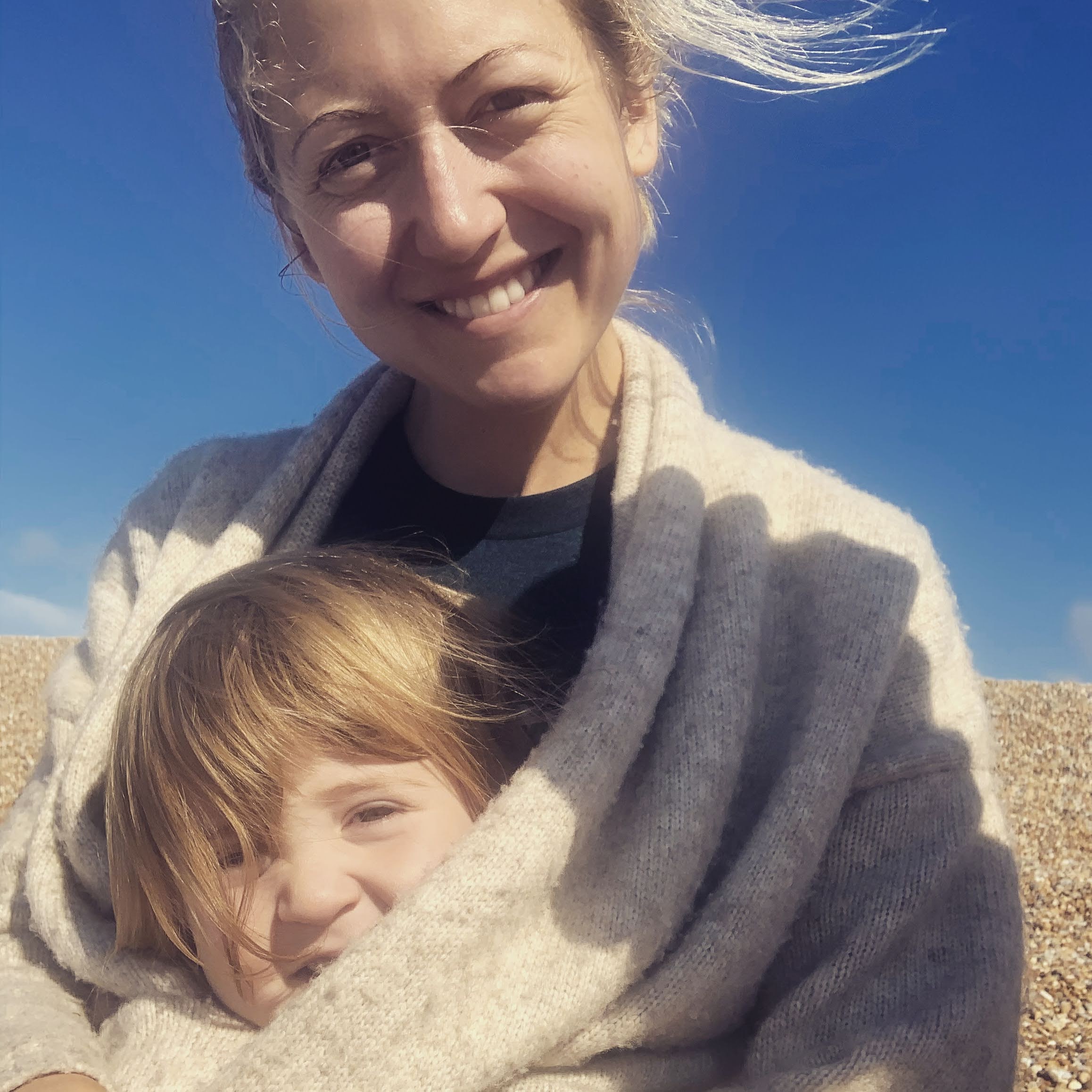This is an extract of the article written by Lizzy Silverton. You can read the full article here.
This month, with a new baby on board, I’ve been exploring the recently launched programme for pregnant women and new mothers: Postpartum Plan. And this week I was lucky enough to interview the founder of the programme, Meg Murray Jones.
About the plan
The Postpartum Plan is designed for women from 35 weeks pregnant to six weeks postpartum. However, as I’m finding, the material and tools it provides have a life way beyond those six weeks. Having come to the plan at five weeks postpartum, I can personally attest to its value. It is no surprise to me that a lot of the women on the platform are second time mums who have previous experience of the drop off in support for mothers post birth.
I couldn’t have come across the Plan at a better time for me. After a traumatic first birth experience – which came back to haunt me in the days leading up to the due date of my second – the birth of my second daughter couldn’t have gone better. Yet three days later we found ourselves back in hospital for a stressful and anxious week. The days I’d planned for us to spend together as a new family of four were swapped for lonely hospital days worrying about my baby, missing my elder daughter and struggling with bleeding, an infection of my own, night sweats and leaky boobs.
By the time we made it home again I was so physically and emotionally exhausted that all of the good intentions for a healthy, energetic postpartum period had evaporated. With a toddler to look after thrown into the mix, I found myself eating unhealthy treats and with little motivation to exercise.
Discovering the Postpartum Plan really helped me to get my physical and mental wellbeing back into alignment.
Interviewing Meg
In my interview with Meg, the founder of Postpartum Plan, I found not only a compassionate person who wants to reframe attitudes around birth and the postpartum experience for all mothers, but also an innovative business woman, who has taken an idea from concept to delivery in five months with amazing results.
Tell us more about your first postpartum experience and how this motivated you to start Postpartum Plan.
With my first child I had a great pregnancy. I was planning on a water birth, doing hypnobirthing and everything that everyone says you should do and then something went wrong and I had to have an episiotomy and there was a risk to my baby of brain damage and he had to be put in an incubator for 72 hours and I wasn’t allowed to touch him. At the end of the day, the birth was fine because I had my baby, but I don’t think as mothers we are ever trained in the emotional recovery of birth and I got really bad PTSD.
I had a really bad trauma response; I had to deal with the fact that my birth hadn’t gone to plan. And the interesting part is that I didn’t tell anyone. I didn’t tell my husband about it. I was having flashbacks and visions in the night. In the back of my mind I had this idea that I was supposed to be a perfect parent, but I didn’t have the support I needed. While I had friends around me, what I needed was an expert to go ‘everything is fine. You birthed really well. Here are the tools to deal with PTSD’.
And then I got pregnant again very quickly when my son was nine months old and I was like ‘I’m going to do things properly this time’. So I invested, financially and emotionally, in experts. I had a doula and a physio – basically everything that’s on the Postpartum Plan – and the difference in the birth and my recovery was so extreme I felt like that is what everyone needs it just that not everyone can afford a lactation consultant, plus a physio, plus doula etc. So what can we do to make that more accessible?
And then lockdown happened and I was like ‘wow, so many women out there are so alone and that’s when I realised it had to happen now.
A major thing with Postpartum Plan is that I do believe there needs to be a societal shift. Society has made us believe that everything needs to be about the baby – and of course it does – but in days gone by there was also a village who would look after us, the mother. We don’t have that any more so when people say ‘sleep when the baby sleeps’ we can’t do that, because we are on our own. Society isn’t built for motherhood anymore. There isn’t enough known about what happens to us physically and emotionally when we have babies to understand the level of support that we need.
How did you come to your primary pillars for the Postpartum Plan?
I really thought about what I needed when I had my kids and then did a lot of research into rehabilitation programmes and their structure. The difference being is that I changed the language around the pillars – so instead of ‘exercise’, for example, we focus on ‘movement’, because I believe as women we have quite a distorted idea of what ‘exercise’ mean. Movement is good for you and you don’t have to be on a spin bike to move your body. Movement, Mind-set and Reflection were really important to because we’ve lost that connection with body and with loving our bodies. Recovery was the first one I made because we should all recover, and then Nutrition was just a really important one for identifying nourishing food that you need to recover. What is it we need to bring back those nutrients that get so depleted in pregnancy and birth?

